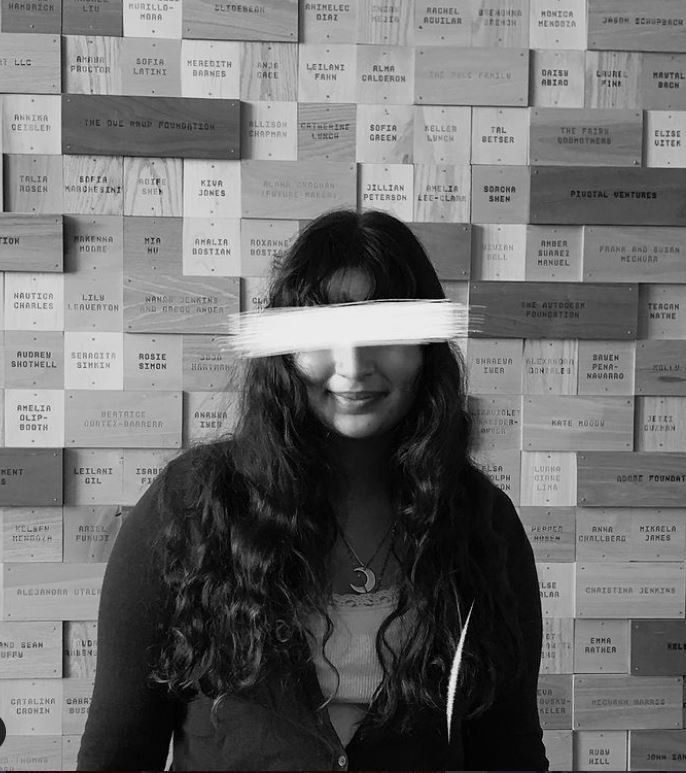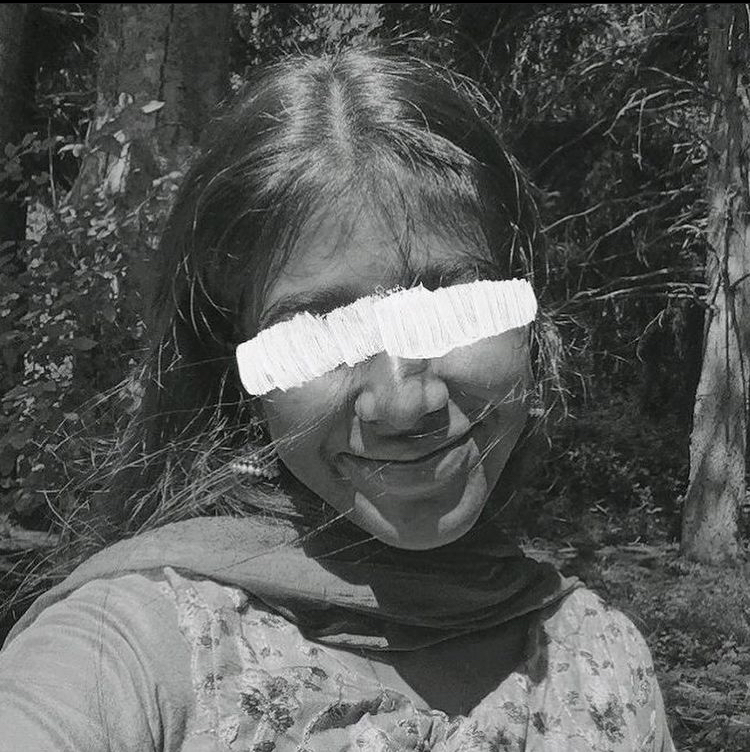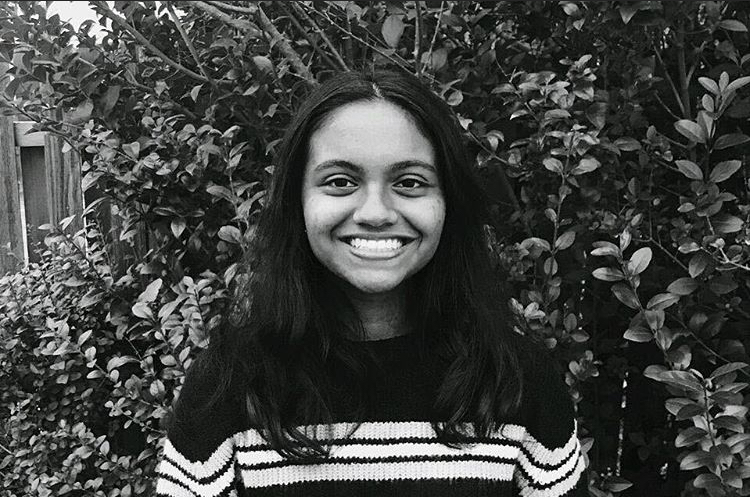“Leaving my home behind at 8 years old, my family decided to move to the US after the Egyptian Revolution. Although I was certainly scared, I heard so many incredible things about the US. I was excited to have clean and safe public parks, running water, and electricity. As a young child, it seemed like the United States would be the land of everything and anything. Upon moving here, it all seemed perfect. It was and remains somewhat true- to a certain extent and time. I never knew that my American dream had an expiration date, and a ticking clock. As I reached high school, I began to notice the differences in opportunity and access between my friends and me because of my H-4 status.
When my friends and I reached the age of working, I learned that I couldn’t work at Target or an ice cream shop like my friends did. I was confused and frustrated as to how a piece of paper dictated so much of my life. Now most importantly, as I approach college and the applications, I find myself dealing with additional barriers as an H4 holder, particularly financially. While most US citizens or permanent residents easily rely on the FAFSA for a large portion of their aid, it was disappointing to learn that that would not be an option for me. I tried to forget about it, and instead, I began searching for scholarships instead, yet the disappointment continued as I read “Requirement: U.S. citizen or permanent resident.” So then, I tried to find another option: institutional aid, yet several universities don’t even give institutional aid to international students. Many universities also are need-aware of this status, meaning that my ability to pay does impact my admission. The fact that I have lived here most of my life is completely ignored and dismissed. It is soul-crushing to be treated as if I have never stepped foot in the US.
Ultimately, there is no federal aid, limited institutional aid, and financial status is considered upon applying. These are tremendous barriers to pursuing my goals. Immigrants are forced to become more resilient, more accustomed to bad news, and used to the different cases that require further follow-up. It is not as dreamy as it once seemed.”











